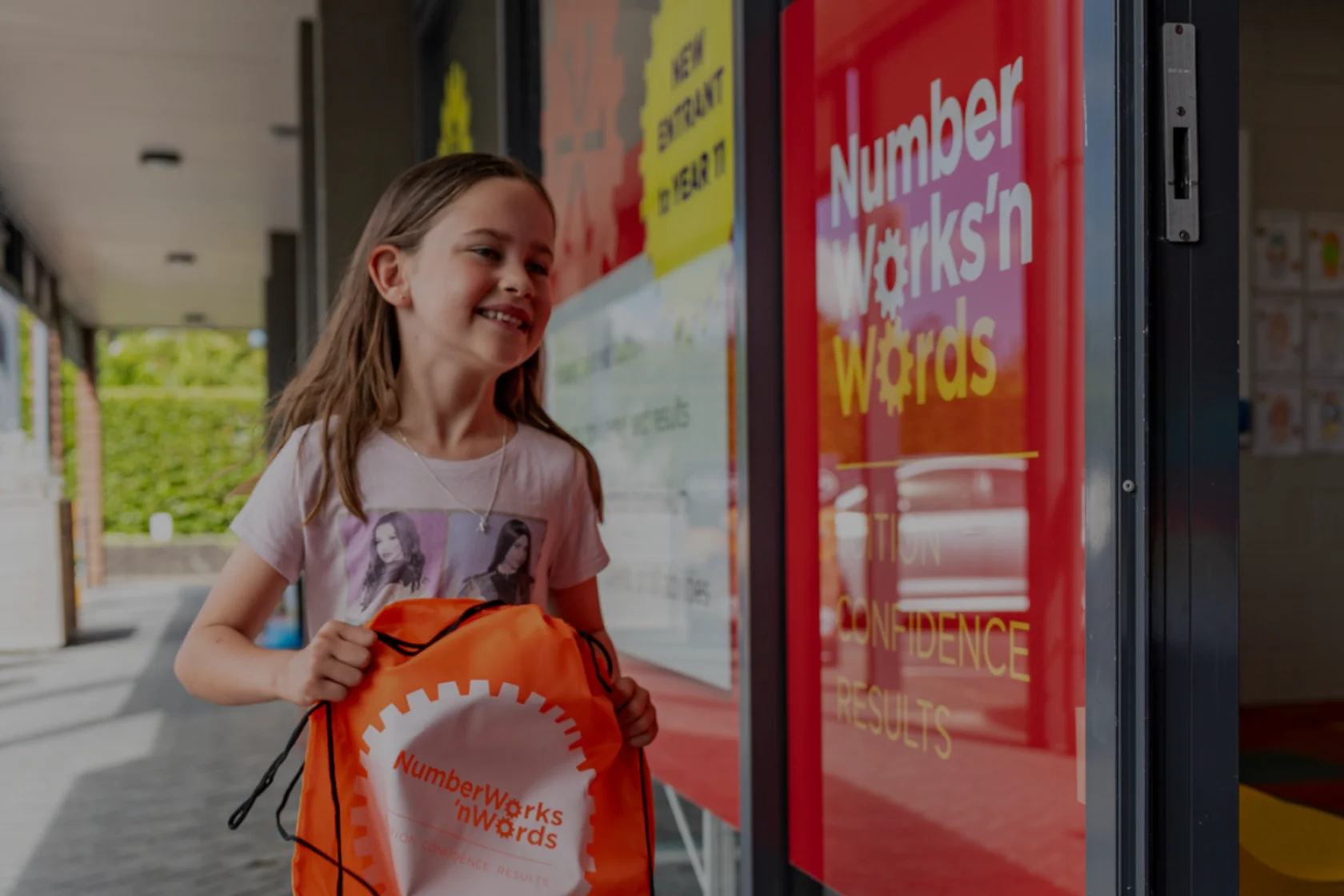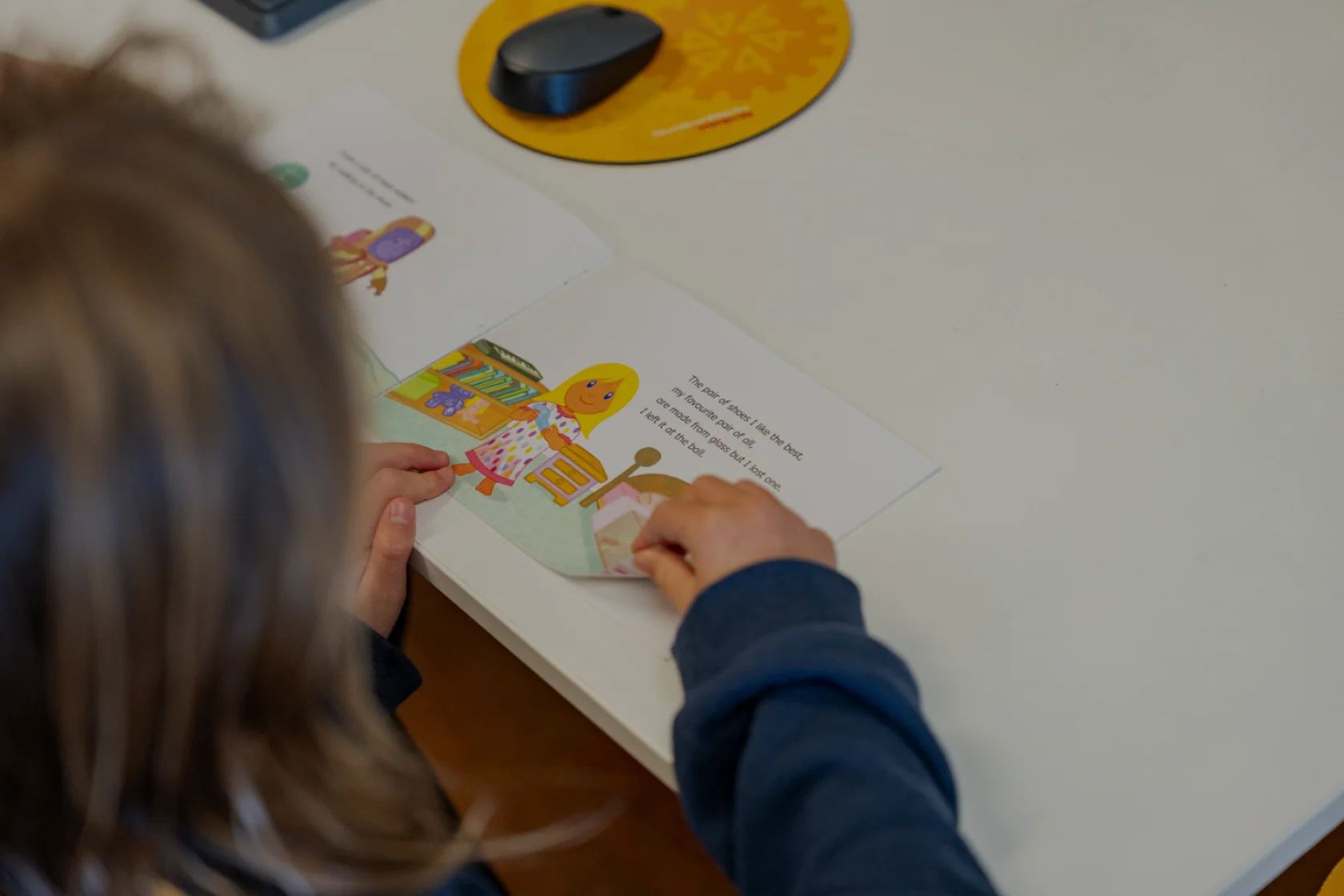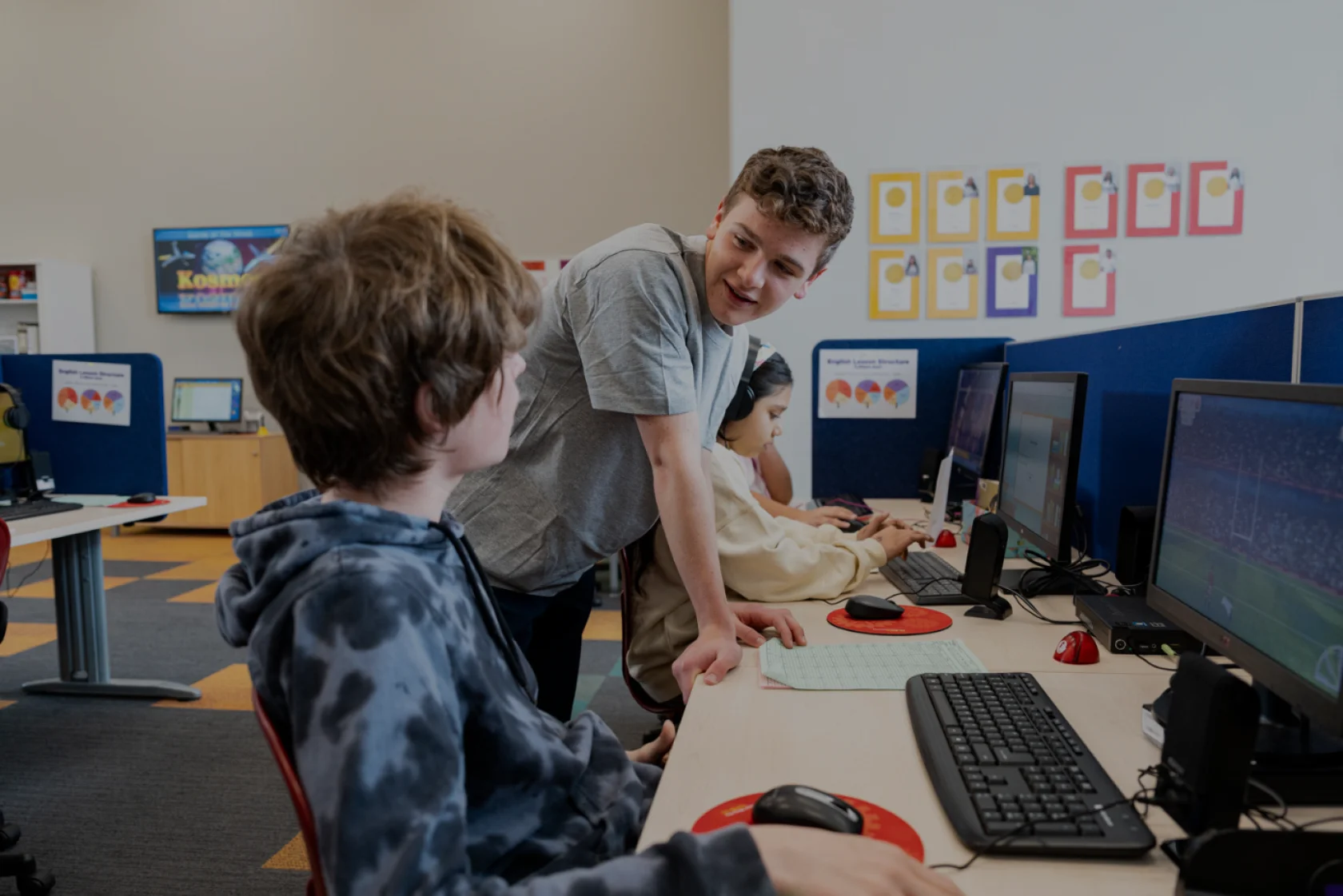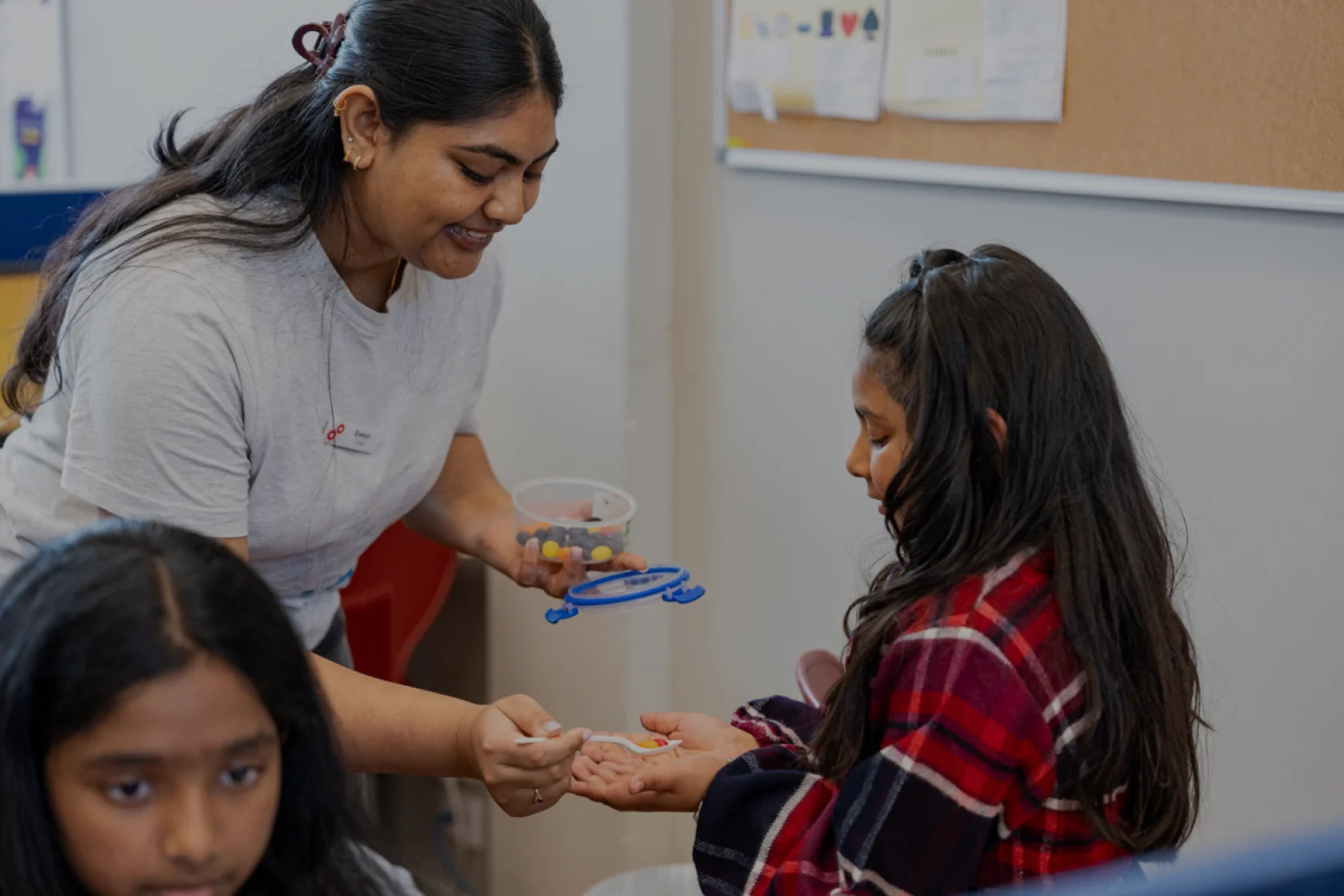8th October 2024
How Movies Can Enhance English and Language Skills
In our digital world, movies aren’t just about fun and entertainment - they’re powerful tools for learning and development. For children, engaging with films in English can be a fantastic way to boost their language skills and literacy. Movies blend visual storytelling with dialogue and context in ways that can really enhance a child’s grasp of language. Let’s explore how movies can play a big role in developing English and language skills for children.
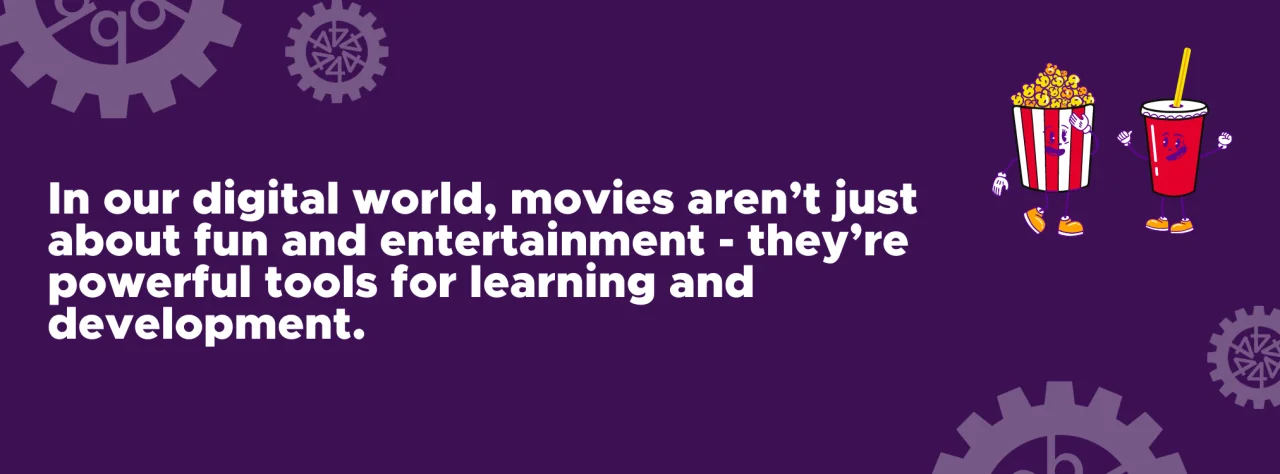
Immersive Learning Through Movies: A New Context
Movies offer an immersive learning experience that’s hard to match with textbooks alone. When children watch films, they get to see and hear language used in a variety of contexts, often experiencing moments that deepen their emotional connection to the story. For example, a child watching an animated film set in a magical world might hear dialogues that mix everyday language with imaginative vocabulary. This setting helps children infer meanings and understand new words through visual clues and the situations unfolding on screen.
Take a scene where characters talk about an “adventure” in a jungle. The visuals and actions in the scene help children grasp what the word means beyond the dictionary definition. This kind of context-rich learning can really help solidify their understanding and retention of new words.
Expanding Vocabulary
Movies are a goldmine for new vocabulary. Through movies, children are often exposed to a wide range of words and phrases, such as idioms, slang, and complex sentences that they might not come across in a typical classroom. For example, watching a historical film might introduce children to period-specific vocabulary that broadens their linguistic horizons.
Plus, movies often repeat key phrases and words. When a phrase like “buckle up” comes up several times in different situations, children start to understand it more deeply. This repetition, along with visual and auditory cues, helps embed new vocabulary into their memory.
Improving Pronunciation and Accents
Movies can also help children improve their pronunciation and expose them to different accents. A musical themed movie or concert film incorporating song and dance performances can expose children to different pronunciations in a musical context. Alternatively, hearing native speakers in films provides a great example of how words should be pronounced and intonated. This kind of exposure is crucial for developing good speech patterns.
For instance, children can learn how to pronounce tricky words by mimicking actors in movies. Animated films, in particular, often feature clear and exaggerated pronunciations, which can be really helpful for young learners. Subtitles can also be a great tool, helping children connect spoken words with their written forms and improving both their pronunciation and reading skills.
Understanding Language Nuances and Expression
Movies expose children to various nuances of language, like humour, sarcasm, and emotional expression. Dialogue in films often reflects the subtleties of real-life conversations, including how tone and body language affect meaning.
For example, a film might show characters using sarcasm or irony - concepts that can be tricky for young learners. Seeing these elements in context helps children understand how they work and how they influence communication. This exposure helps them develop a more nuanced understanding of language and improves their ability to interpret and use language effectively in their own interactions.
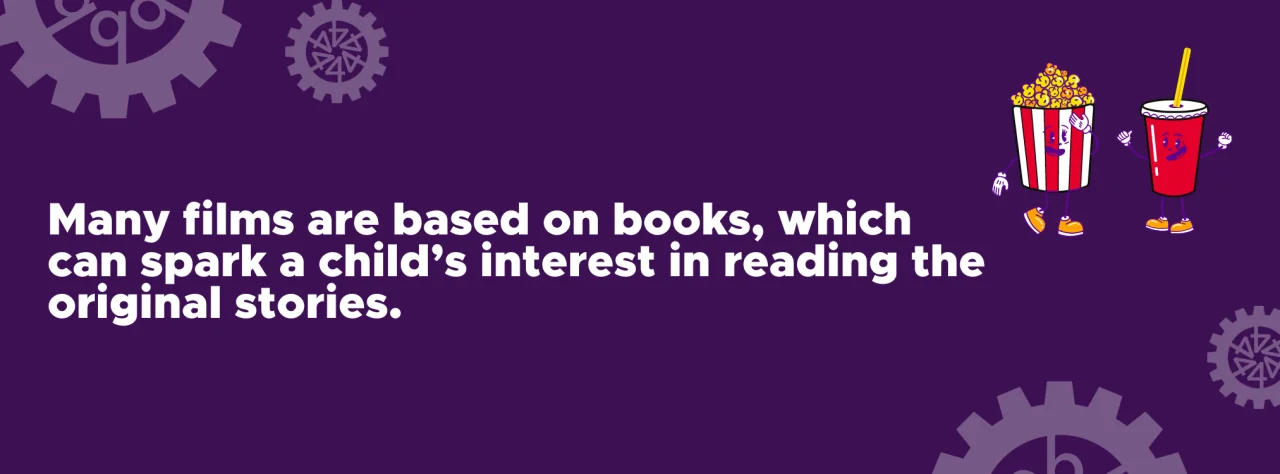
Sparking Interest in Reading, Storytelling, and Comprehension
Many films are based on books, which can spark a child’s interest in reading the original stories. Watching a film adaptation can be a great way to introduce children to literature, motivating them to explore the source material. This often leads to a greater interest in reading and a deeper engagement with books.
Moreover, the narrative structure of movies can enhance comprehension skills. Following a film’s plot helps children practice sequencing events, predicting outcomes, and understanding characters’ motivations - all skills that are useful for reading comprehension. Connecting storylines across different formats helps reinforce their understanding and retention of information.
Facilitating Discussions and Critical Thinking
Movies can prompt discussions that further develop language skills. After watching a film, children often talk about the plot, characters, and their feelings about the story. These conversations offer a chance to practice articulating thoughts and opinions, using new vocabulary, and building coherent arguments.
Parents and educators can use movies as a springboard for deeper discussions, encouraging children to think critically about themes, moral lessons, and character development. Asking open-ended questions about the film can spark higher-order thinking and help children develop their reasoning and language skills.
Building Cultural Awareness and Empathy
Movies provide a window into different cultures and perspectives. By watching films from various cultures or featuring diverse characters, children can gain a broader understanding of the world and how language is used in different contexts. This cultural exposure can enhance their language skills and foster empathy and respect for others.
For instance, a film set in another country or featuring characters from different backgrounds can introduce children to new ways of speaking and different cultural norms. This can enrich their language learning experience and help them appreciate the diversity of linguistic expression.
Supporting Language Learning Through Repetition and Engagement
Engagement is key to effective language learning, and movies that tell a heartfelt or comedic tale are inherently engaging. The captivating nature of films keeps children interested and motivated. Repetition of phrases and dialogues throughout a movie ensures that children encounter and practice new language elements multiple times in a memorable and enjoyable way.
For example, children might hear certain catchphrases or dialogue patterns repeatedly, which helps reinforce their understanding and usage. This repeated exposure, combined with the fun of movies, makes language learning a more enjoyable and effective process.
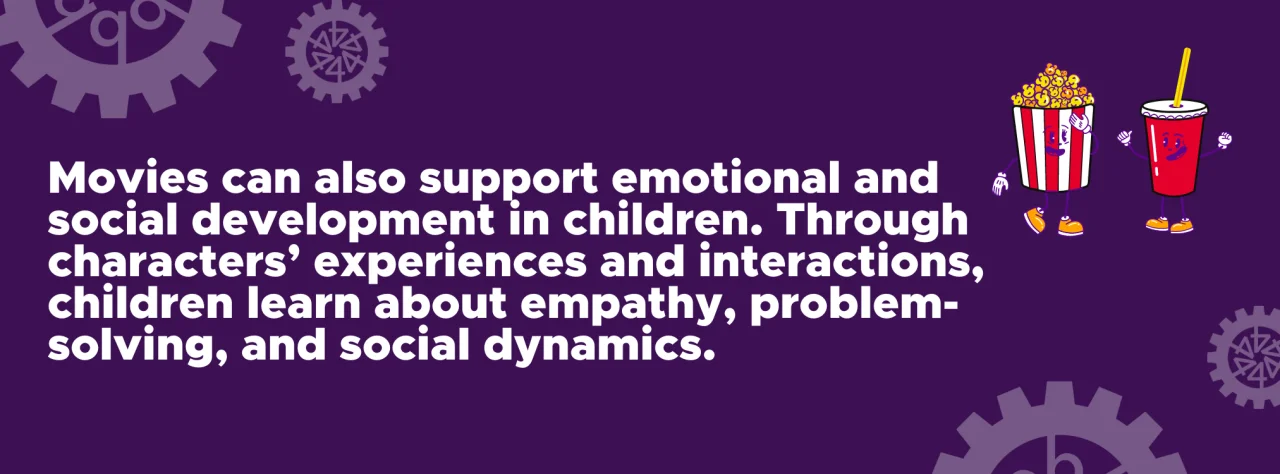
Encouraging Emotional and Social Development
Movies can also support emotional and social development in children. Through characters’ experiences and interactions, children learn about empathy, problem-solving, and social dynamics. Watching characters navigate challenges and resolve conflicts provides valuable lessons in emotional intelligence and interpersonal skills.
For instance, children may see characters dealing with friendship or family issues or handling stressful situations. These scenarios can prompt conversations about feelings and appropriate responses, helping children develop their emotional vocabulary and social skills. Engaging with these themes in a film can make abstract concepts more concrete and relatable.
Encouraging Continuous Learning
The excitement of watching a film can also motivate children to engage in continuous learning. A film depicting the remarkable rise of a young scientist can inspire children to pursue their own interests in science and learning. The joy and enthusiasm they feel while watching their favourite movies can be channelled into other educational activities. For instance, a child who is captivated by a film about space might develop an interest in reading books or engaging in projects related to astronomy.
By integrating movies into their learning routine, children are more likely to stay motivated and curious. This positive reinforcement makes language learning feel less like a chore and more like a fun, rewarding experience.
Conclusion
Movies are a fantastic educational resource that can significantly support English and language development in children. By offering immersive, context-rich experiences, expanding vocabulary, improving pronunciation, and fostering cultural awareness, films provide a multi-faceted approach to language learning. As children engage with movies, they not only enhance their language skills but also develop a deeper appreciation for storytelling and communication.
Parents and educators can make the most of movies to create enriching language-learning opportunities, blending the enjoyment of film with educational benefits. Whether through animated adventures, historical tales, or cultural stories, movies can be a dynamic and enjoyable way to support children’s language development and literacy.
At NumberWorks’nWords, we recognise how vital English and language skills are. Our engaging and enjoyable learning activities make mastering these skills fun! If you’re interested in enrolling your child for extra support in English, we’re here to help. Contact us today to schedule a FREE, no-obligation assessment!

